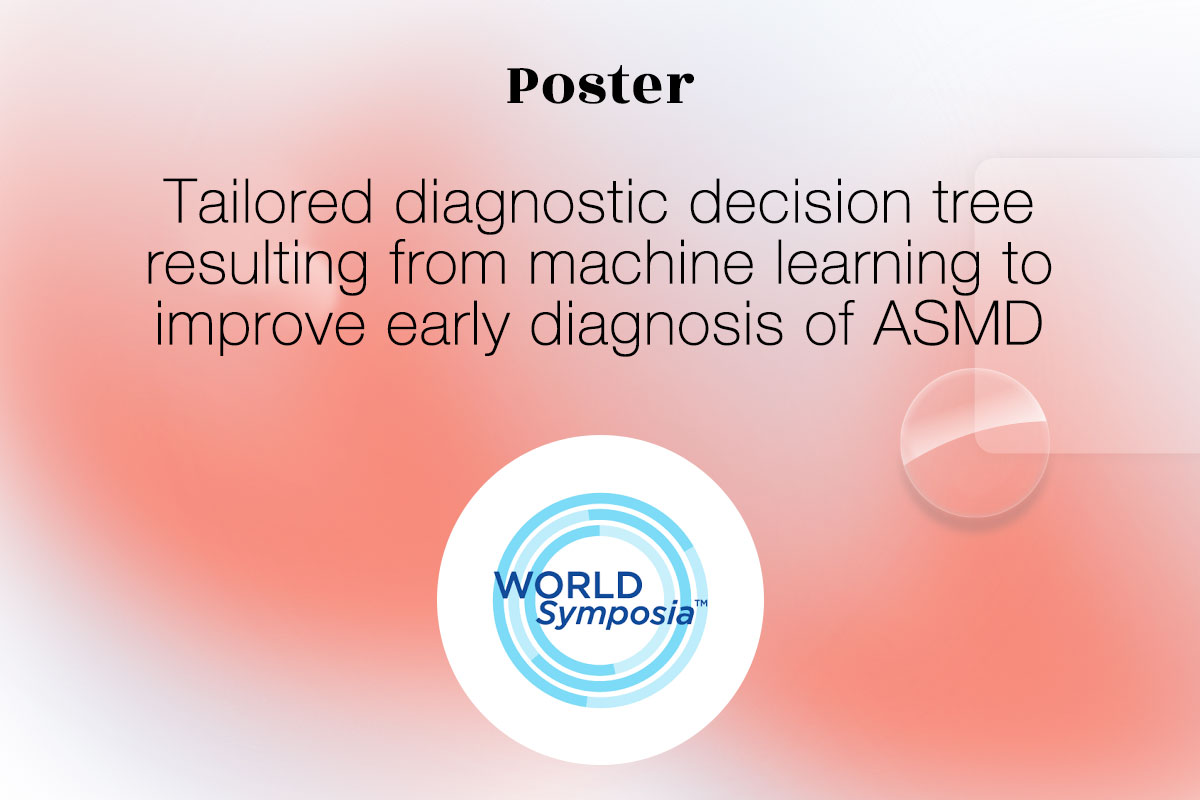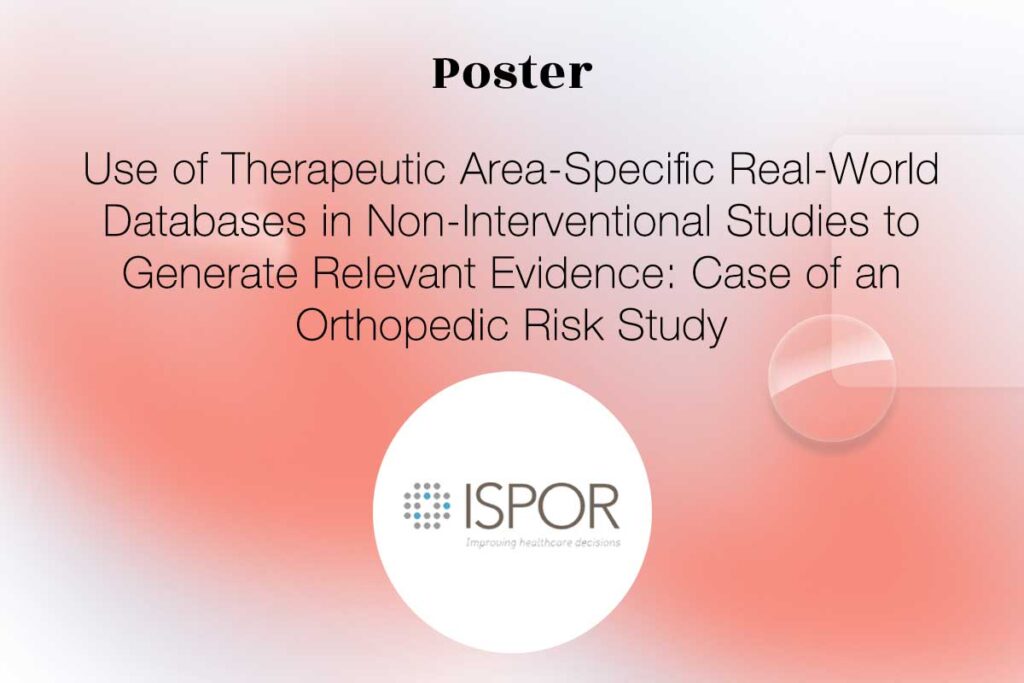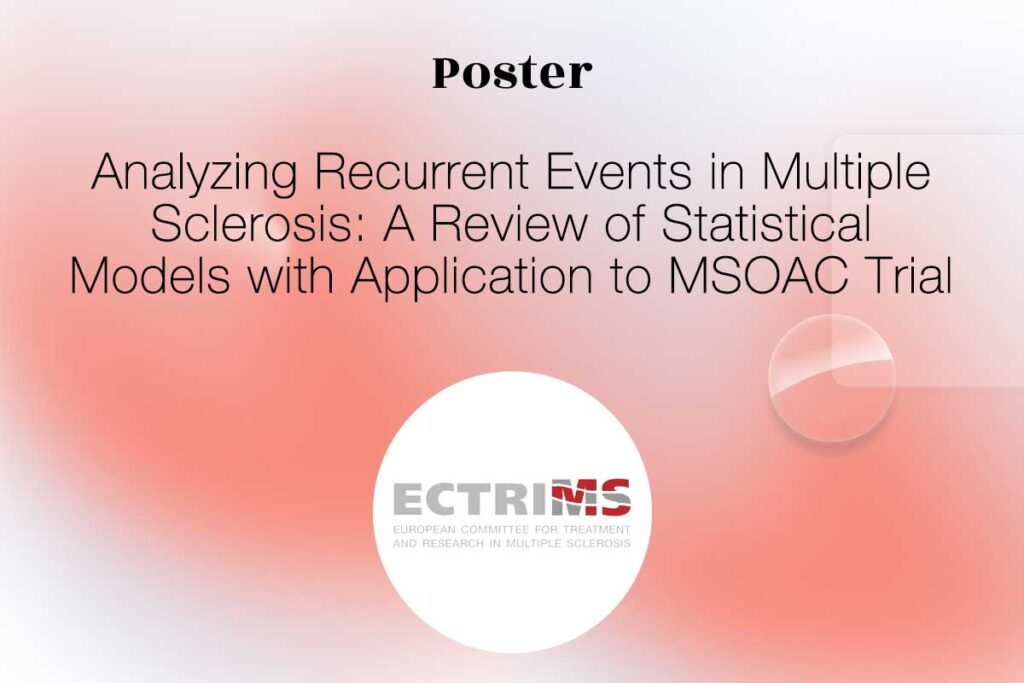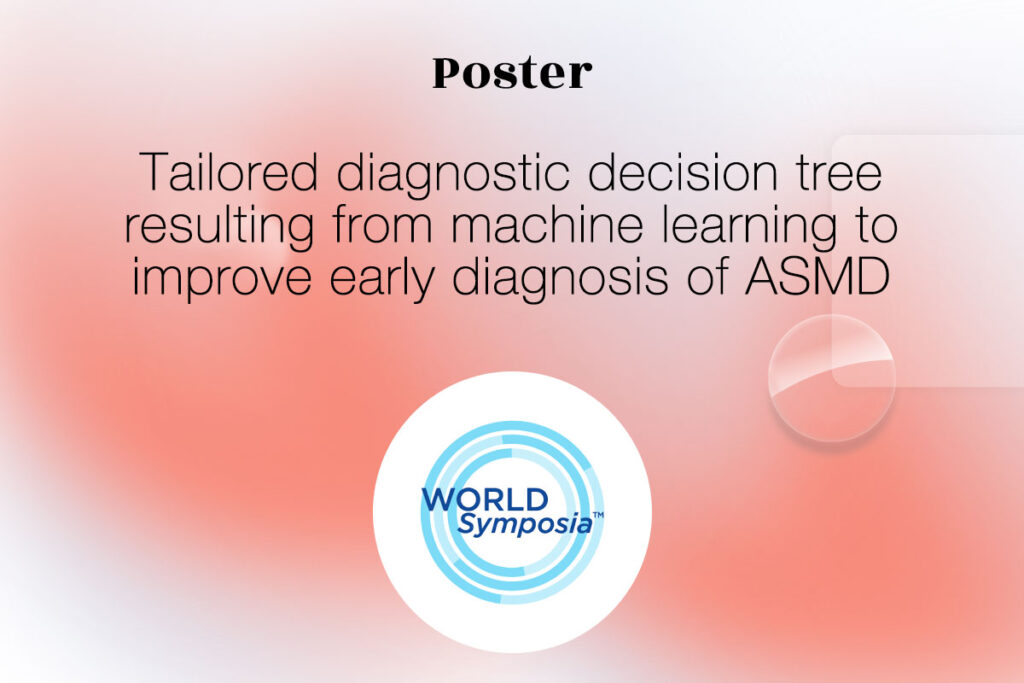Delays in the diagnosis of rare genetic conditions such as acid sphingomyelinase deficiency (ASMD) highlight the necessity for diagnostic algorithms to help clinicians identify patients at high risk of such diseases.
To address this, electronic health records (EHRs) and machine learning (ML) were used to develop an ASMD diagnostic algorithm, which achieved promising results. In the training dataset, the algorithm It distinguished ASMD patients from the general population with a sensitivity of 78% and a specificity over 99%.
In a recent internal validation study, the ASMD decision tree algorithm was also compared to a clinical reference algorithm (McGovern et al.)
While both exhibited a 40% sensitivity, the ASMD decision tree showed a higher specificity (>99% vs. 98.5%).
Pharmaceutical companies developing therapies for rare diseases are beginning to realize the transformative potential of these innovations. Once fully validated, the algorithm could help primary care physicians and specialists to identify undiagnosed ASMD patients. Furthermore, due to its decision tree structure, its interpretability could pave the way for novel medical theories regarding disease progression.
These results were presented in the poster “Tailored diagnostic decision tree resulting from machine learning to improve early diagnosis of ASMD” at the annual WORLDSymposium in San Diego in February 2024.










